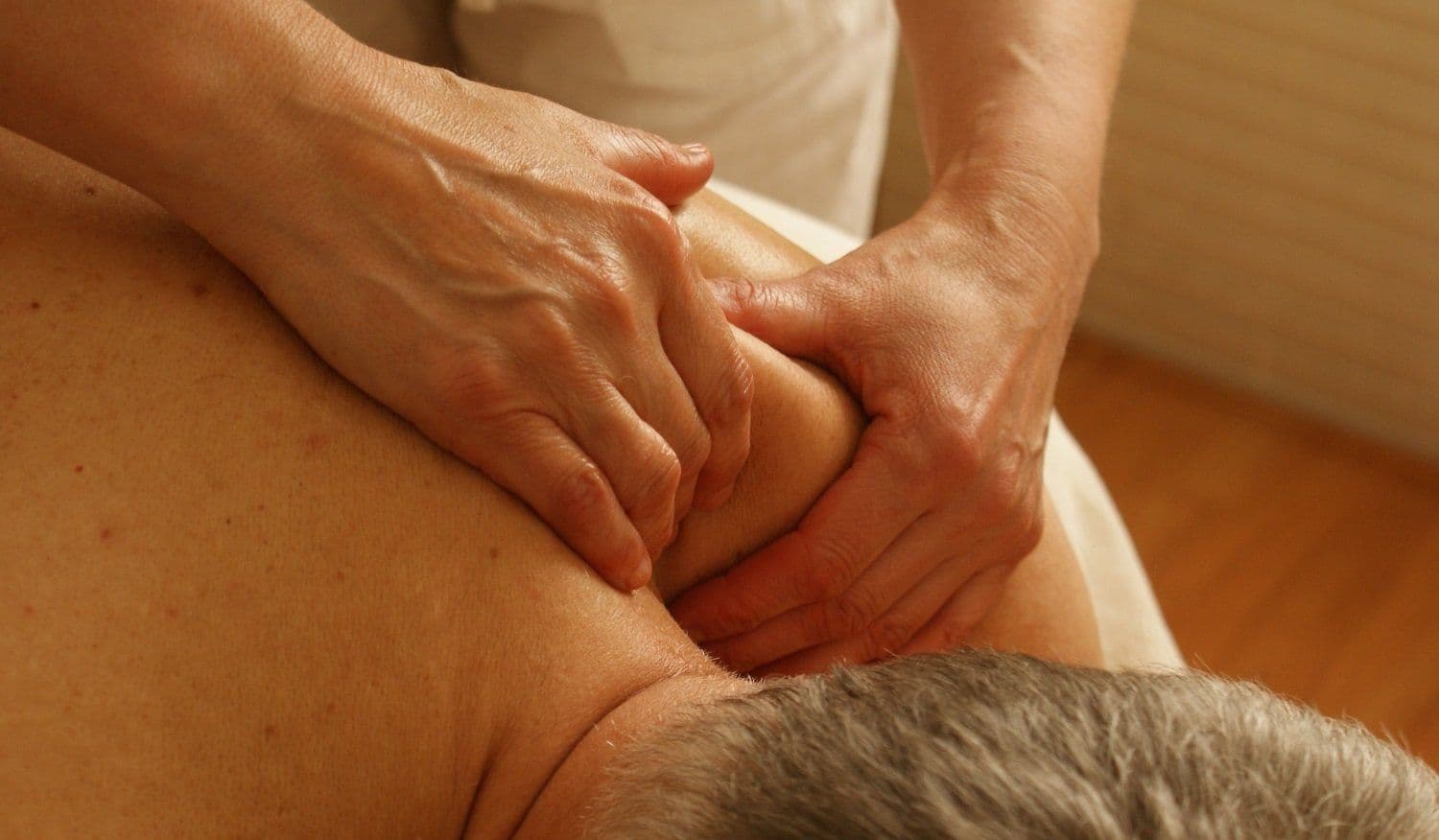Warm up
Studies show that warming up your muscles before exercise may be better than stretching them (this doesn't mean you shouldn't stretch, you should do both!). It wakes up your muscles by increasing blood flow in them. To warm up, do light versions of certain exercises. These include slow jogging or biking, jumping rope, or lifting light weights.
Drink water
Water helps control your body temperature, loosen your joints, and transport nutrients to create energy. Without water, your body will struggle to perform at its highest level. You may have muscle cramps, fatigue, dizziness, or more serious symptoms.
Limited rest
Wait about 48 hours before working the same muscle groups in the same way (with the same intensity or for as long). Limited or lighter exercise of the same muscles can actually help. For example, if you were sore after running, a light walk or bike ride the next day can help. Avoid complete rest and immobilization.
Use proper technique
Doing exercises the right way helps protect you from muscle strain or injury. If you are not sure how to perform an exercise, ask a Fitness Expert for help. They can show you the proper way to lift weights and use the machines and equipment.
Cool down
It’s important to stretch after you work out. Your muscles are relaxed and more flexible when they’re warm. Stretching also circulates blood away from your muscles and back to your heart to aid in recovery.
Stay within your limits
You may be tempted to push yourself but remember to increase the workout difficulty slowly. Over time, you can increase the amount of weight you lift or the length of time you run, for example. If you try to increase too soon, you may injure yourself.
If your muscles are already sore, these are some tips to help relieve muscle soreness:
- Gentle stretching.
- Muscle massage.
- Rest.
- Ice to help reduce inflammation.
- Heat to help increase blood flow to your muscles. Even a warm bath or shower can help.
- Over the counter pain medicine, such as a nonsteroidal anti-inflammatory drug like ibuprofen.
